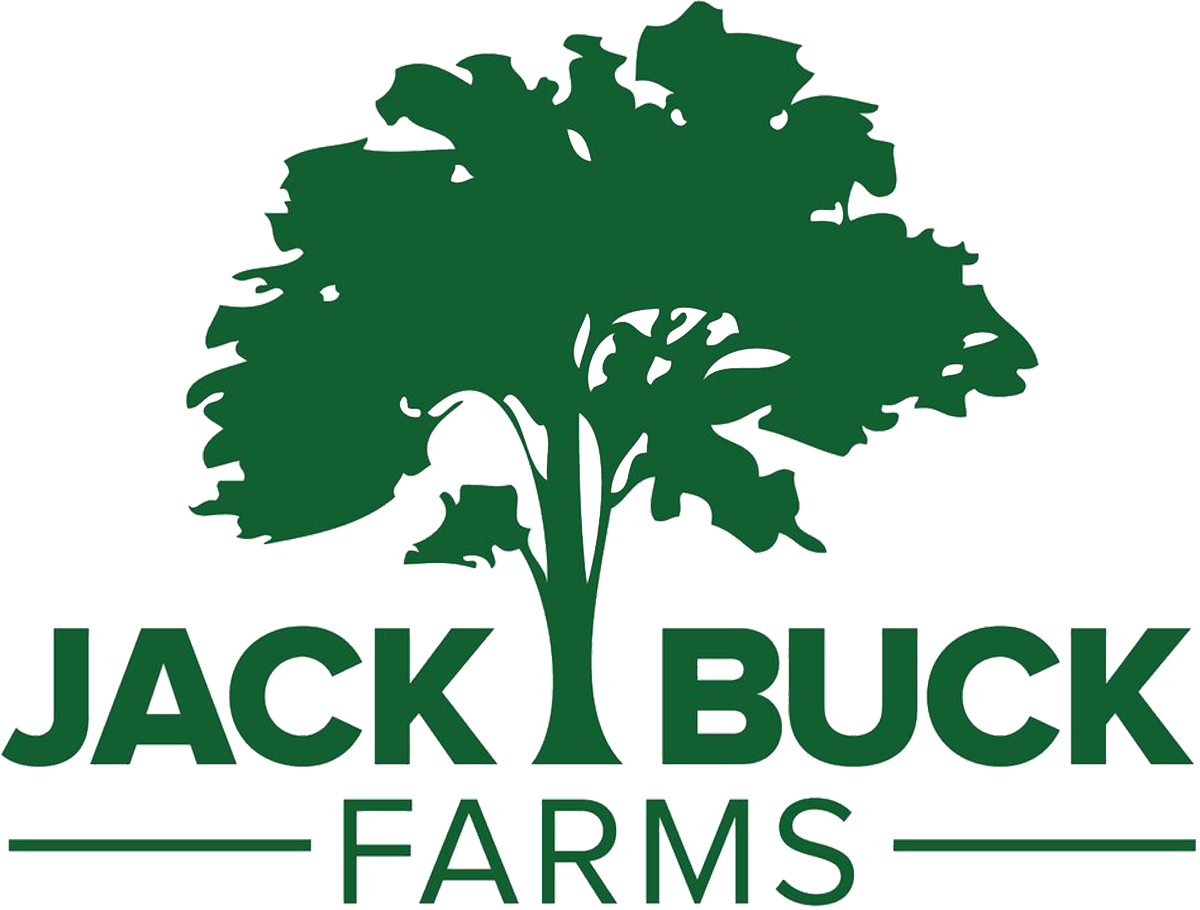I think most farmers will have mixed feelings about the announcement on future farm support by Mr Eustice earlier this week. It is hailed as one of the biggest policy statements on agriculture since perhaps the 1948 Agriculture Act and if it really does move the emphasis of agriculture away from food production to environment management then it deserves that title.
More than fifty per cent of farmers we believe voted to leave the EU and while they might have railed against rules from Brussels it was a fairly comfortable place to be. European agriculture has historically had a strong political voice and income support to match. There is so much uncertainty about the new environmental support that no one can be confident about the future and if approval is voiced it will be through gritted teeth.
Traditionally, horticulture has enjoyed less government support than agriculture so the acreage payments have been a lower proportion of income in a largely horticultural business like ours than on many farms. In practice the government support on many farms equals the profit and the details of the Environmental Land Management Schemes to come in 2024 are awaited with some trepidation.
Additionally, most farmers have seen their purpose as producing food, measured in tonnes or litres. The concept of generating more nebulous “Public Goods” will be less attractive. What does “efficiency” mean in this new world? No doubt cost cutting will be top the list which will not be good for the rural economy.
The current pandemic has focussed attention on the security of supply chains. It is difficult to imagine that the new public goods policy will increase our self sufficiency. Although there will be, I believe, in the future support, productivity grants and the government has promised to monitor self sufficiency.
I made a few suggestions in the consultation process for the new schemes; one of which was that areas should be organised on a water catchment basis and another one was that it is not just agriculture that is to blame for the decline in wildlife. For the 25 year Environment Plan to succeed industry, utilities and local authorities will also need to engage.
Taking land out of production, whether it be field margins, tree planting or rewilding will feature strongly in the ELMS proposals. Our land is highly productive and the cost in output of taking an acre of our land out of production is many times the cost of taking out poorer land but we will do our bit and our record of hedge planting over the last ten years is very good. I am sure there will be targets for reducing CO2 emissions and we will continue to be active on that front.
As a fisherman, I would love to see the forty year decline in insect life that I have witnessed to be reversed. I am not confident the plans will achieve that but I can hope and I will return to that topic another time.

